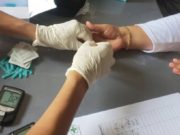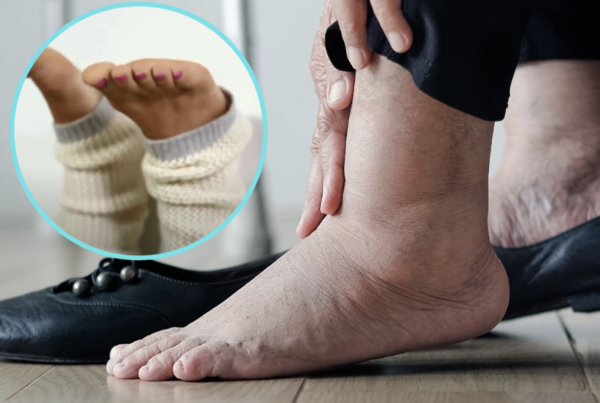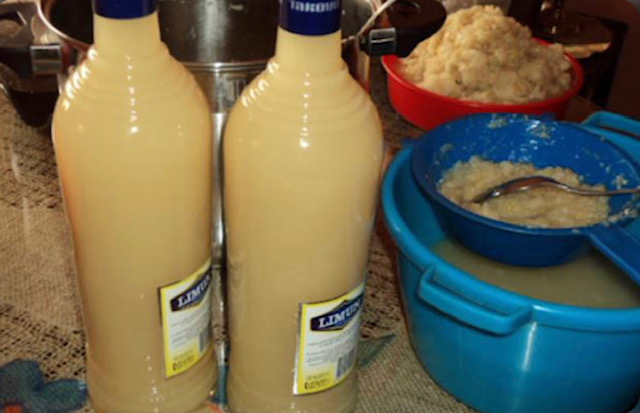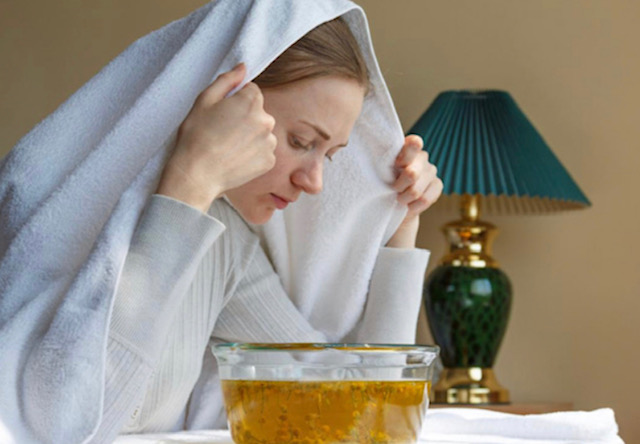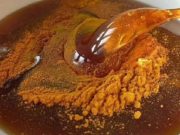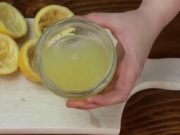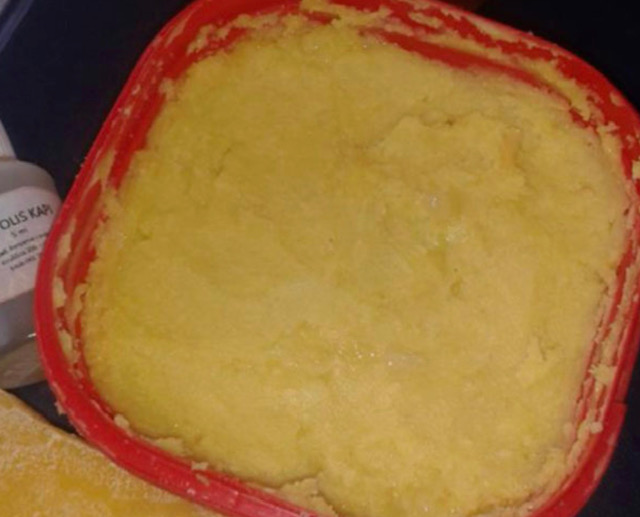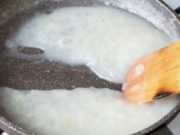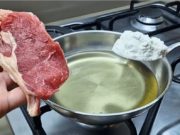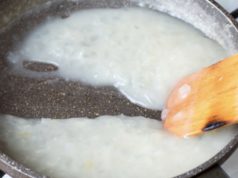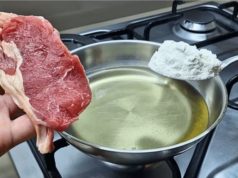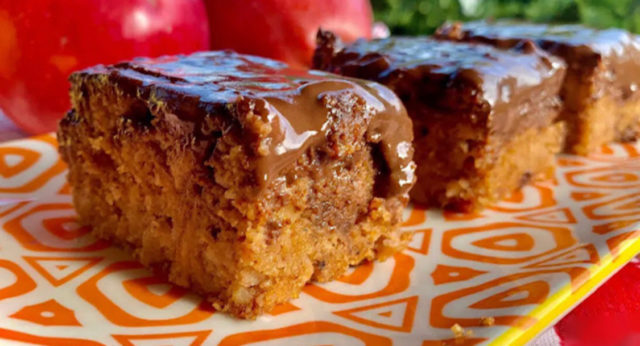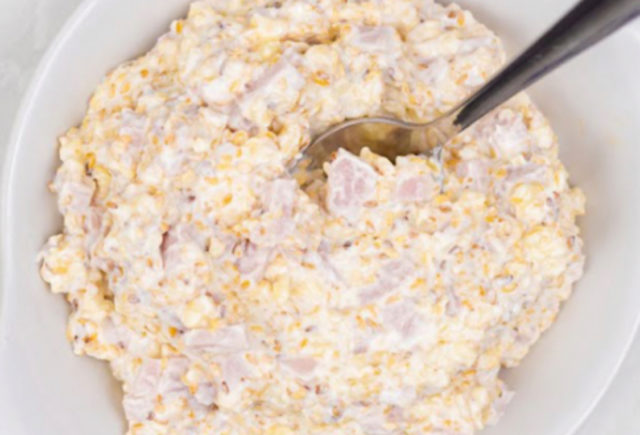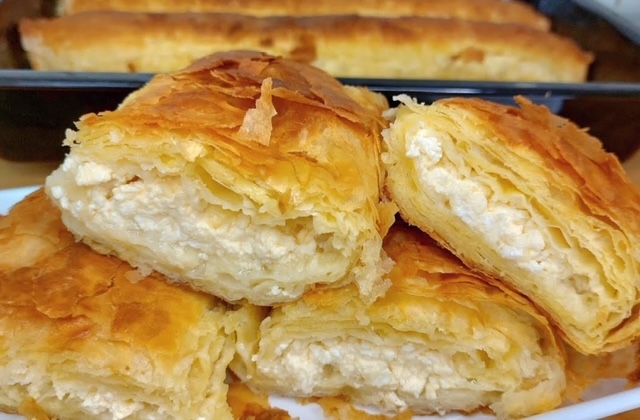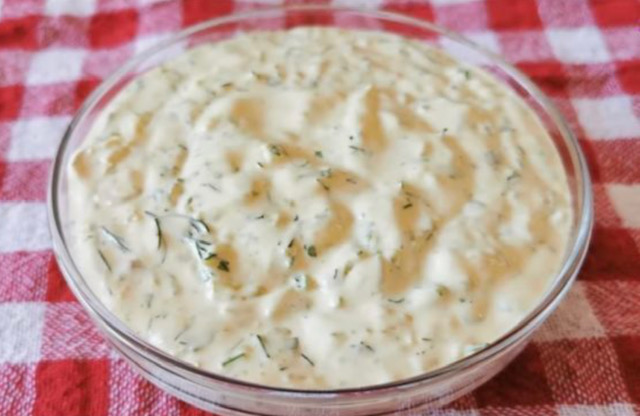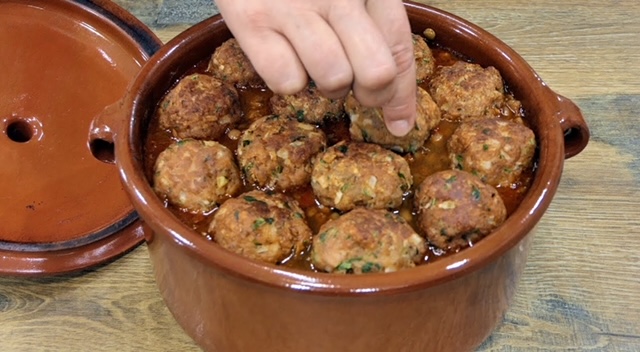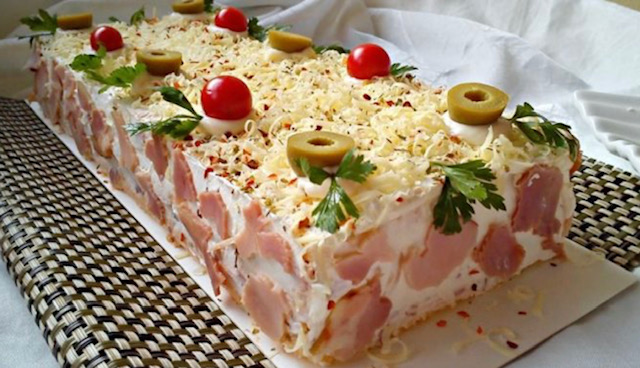Similar to fruits and vegetables, eggs can be stored for up to two years. All you need are some jars and some homemade eggs (store-bought eggs are not advised). Everyone should be aware of this useful old trick that our forefathers used in times of crisis.
Try Tanya’s recipe from the YouTube channel of the same name, where she has received many praises from all over the world. Here’s a tip from a reader: “My parents used to do this when I was a kid. Unfortunately, wiping the dirty eggs doesn’t work, and they go bad again. When the eggs were cooked, they smelled and tasted like poop.
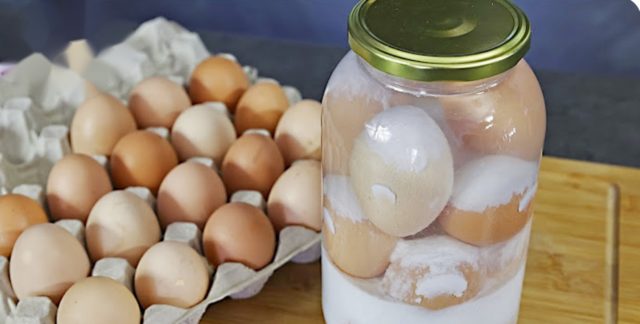
What I’ve learned is that you should separate out those eggs that are dirty and save only the ones that are clean,” is the advice from a reader who has tried this method of preserving eggs. And here is what Tanya says, who shared this very useful way of canning.

“You must use eggs laid by domestic fowl for this method of canning. The eggs will likely be unclean in some spots, so use a brush to scrub them well until the dark spots are gone. Eggs should be well preserved and have no major blemishes.

Prepare larger jars. Carefully lower the eggs until you fill all the jars to the top. Eggs can break or crack easily, so help yourself by using a spoon and tilting the jar.

Another thing you need is 2 tablespoons of lime (calcium hydroxide). Dissolve the soft limestone in 700 ml of water. The lime will disinfect the jar and prevent the formation of bacteria inside. Lime is also used to grow fruit and to coat plants to keep pests away.


Pour the solution over the eggs in the jars (this amount is for one large jar) so that the lime will form a protective layer over the eggs and save them from spoiling. Put the proper lid on the jar and store it somewhere cool and dark.


Continually repeat this process with the remaining jars, based on the number of eggs you wish to preserve. Clean, unwashed eggs should be used, and they should be stored for 12 to 18 months by soaking them in a lime-and-water solution.

The end result is an egg that is as fresh and unspoiled as the day it was laid. You will eventually find that the eggs have developed a protective white coating around them. The entire process is described in detail HERE.



